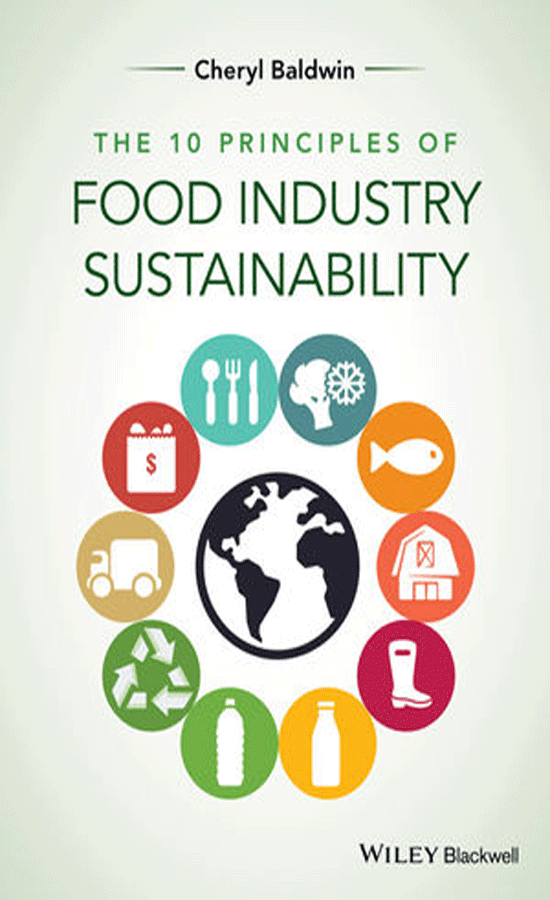“With the growing world population, supplying future generations with safe, affordable and good-tasting foods is one of the major challenges of our time,” declares Dr Matthias Moser, Managing Director Hydrosol. In The Stabiliser People, which the company brought out to mark its 25th anniversary, Hydrosol talks about conceivable solutions and why the food ingredients industry plays a key role.
The book discusses developments in the food and nutrition industries in the past 25 years, and presents key upcoming trends. For example, trend researcher Hanni Rützler talks about our culinary future in an interview. What foods will be on tomorrow’s menus? How will we eat meals? And what drivers are pushing innovations in food technology? Rützler, the well-known author of the annual Food Report, answers these and other questions. The book provides practical examples, focusing on forward-looking product ideas in the dairy, meat and sausage, deli foods and dessert categories, along with plant-based alternatives. Readers also get a close look at Hydrosol research and development, and the authors discuss the various product quality requirements of different national markets. Visual presentations of market research on current and future nutrition trends add more interest.
Throughout the many topics addressed by the book, whether food trends or research, feeding the growing world population and the importance of the ingredients industry are never far from the focus of interest. According to the UN Food and Agriculture Organization, by 2050 demand for meat will increase by a time and a half to 420 million tonnes per year, requiring a 60 to 110 percent increase in agricultural output. With this in mind, the importance of alternative protein sources quickly becomes clear. Dr Moser comments, “For some time now we’ve been working hard on ideas with high potential to secure adequate supplies of alternative proteins in future. It’s no exaggeration to say that in the past three years we have turned into a competence centre for stabilising and texturing in this area. We’re researching the properties and functions of many different plant proteins. We’re also looking at sustainable concepts for making better use of raw materials, because there is valuable protein not just in filet, but also in by-products like trimmings or whey.”
As diverse as the product concepts are, to be successful on the market there is one criterion they all must meet – they have to taste good. “Ultimately only flavour and texture determine whether a product is purchased more than once,” notes Dr Moser. “A vegan product can have great protein content, be super healthy and trendy – but if people don’t enjoy eating it, they won’t buy it again. So in my view food technology will be one of the key technologies of the 21st century. It’s functional ingredients that make it possible to turn natural, sustainably grown raw materials into attractive products for consumers in all the different international markets. With our system solutions it’s already possible to make plant-based products that come very close to the flavour, texture and mouth feel of animal products.”
It is a fact that food is a very emotional matter, now more than ever; according to trend research it is also more and more a status symbol. The resulting potential for the food industry is clearly shown in Hydrosol – The Stabiliser People, published in German, English, Spanish and Russian by Robert Wenzel Verlag.






